Renewed Focus on the Importance of Play

Education rarely shows up in top headlines, but 2015 was the year it dominated the news. The U.S. made continued attempts to upgrade education for the 21st century while slipping further behind the rest of the world in international achievement tests. Leaders looked everywhere for answers, and parents found a voice for action and change on social media and beyond.
Among ideas with growing support? Reverse the way kindergarteners have been taught since No Child Left Behind became law in 2001 and bringing back play, lots of play. In countries with the highest achieving kids, learning for 5-year-olds never rarely happens at a desk or within the boundaries of a circle-time carpet square.
Image via Twenty20
The End of Math and Science?
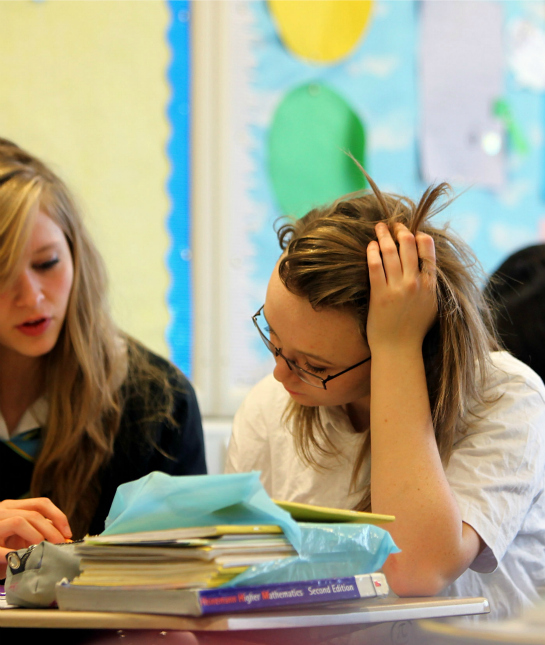
For years, all eyes have been on Finland for consistently earning top scores on the PISA, a rigorous, international exam administered to a sampling of teens in the world's richest nations. The Nordic country has played host to top education officials and researchers from around the world hoping to understand the secret to Finland's educational success. While other nations considered changes to emulate Finnish schools, leaders in that country moved ahead with untested and radical innovations of their own: ending math, science and history class. Instead of teaching by subjects, Finnish students will learn by topic.
New 'Common Core' Tests Go Nationwide
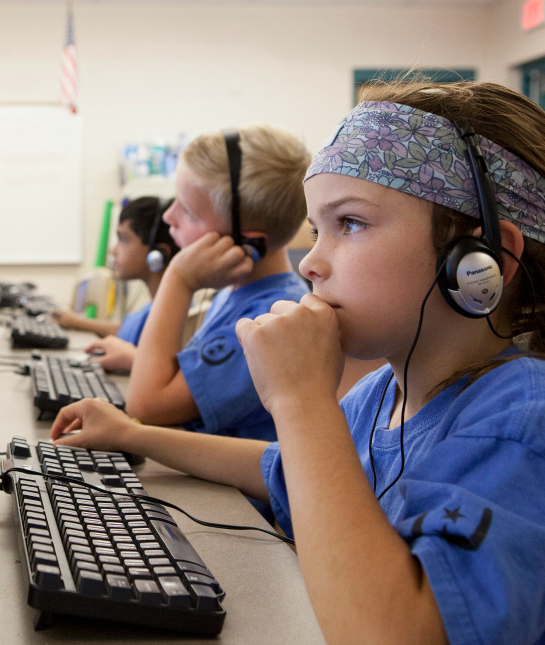
After a lot of ramping up, Spring 2015 was the first season for which the dozens of states to adopt the Common Core State Standards administered computer-based standardized tests to see whether students were meeting the new, tougher standards.
States Back Out of Common Core ... Sorta
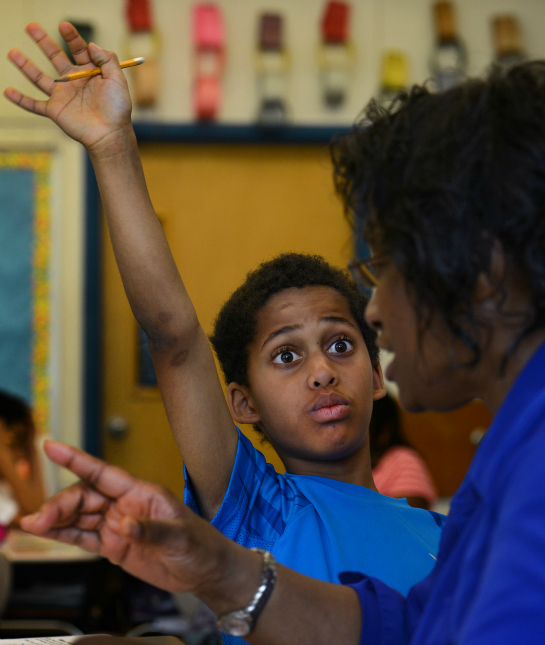
Education in the U.S. has always been vulnerable to politics, and this year was no exception. As the 2016 presidential races began to heat up, some state leaders were compelled to reject the national Common Core State Standards, which had been adopted by all the states except for Massachusetts and Virginia. But rejection of the new rigorous standards may have been in name only, as most of the states simply rebranded CCSS to their state's college and career-ready standards.
Los Angeles School iPad Debacle

Two years ago, Los Angeles Unified's superintendent, John Deasy, sealed a $1.3 billion deal for iPads and software for every student in the district. At the time, it was called ambitious. This year, after a federal investigation was launched and an interim superintendent not only ended the program but asked for the district's money back from Apple. Nationally, school leaders, hope to avoid the LAUSD disaster, have begun to approach tech more cautiously as a means for boosting student achievement.
Image via Twenty20
Chicago's Dyett School Hunger Strike
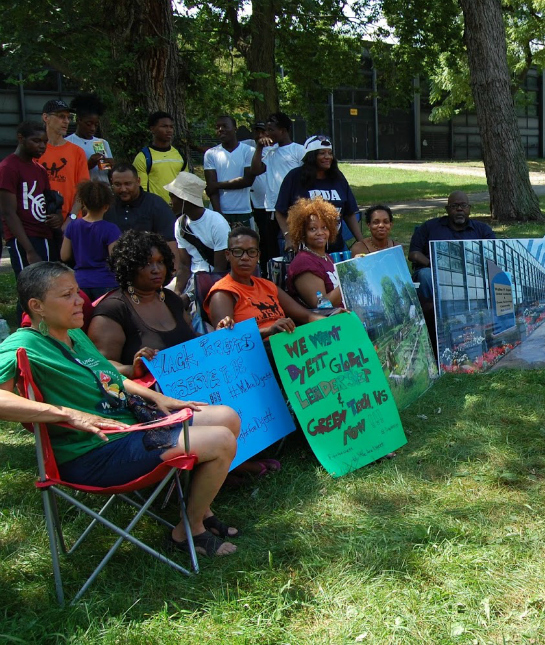
A group of residents in a Chicago neighborhood staged a hunger strike to protest the proposed closing of Dyett, their local high school. Chicago Mayor Rahm Emanuel slated the low-performing high school with declining enrollment in the city's Southeast Side for closing. The 34-day strike got national attention and ultimately ended when the starving residents' demands were partially met. The schools reopened, but not, as they had hoped, with a curriculum focused on green technology and global leadership.
Stanford Announces Free Tuition

In an attempt to graduate students who aren't hundreds of thousands of dollars in debt, Stanford University announced it would waive tuition for students whose parents make less than $125,000 per year. And for those whose parents make $65,000 per year or less, the West Coast Ivy League university will also cover room and board expenses.
Majority of US Public School Students Are Poor

For the first time since the 1950s, a majority of U.S. public school students lives in poverty, a Southern Education Foundation report found. Some 51 percent of students in pre-kindergarten through 12th grade qualifies for free or reduced-priced lunches through the federal school lunch program. "The shift to a majority-poor student population means that in public schools, a growing number of children start kindergarten already trailing their more privileged peers and rarely, if ever, catch up," the Washington Post reported.
Image via Twenty20
Book Details Where Zuckerberg's $100 Million Went
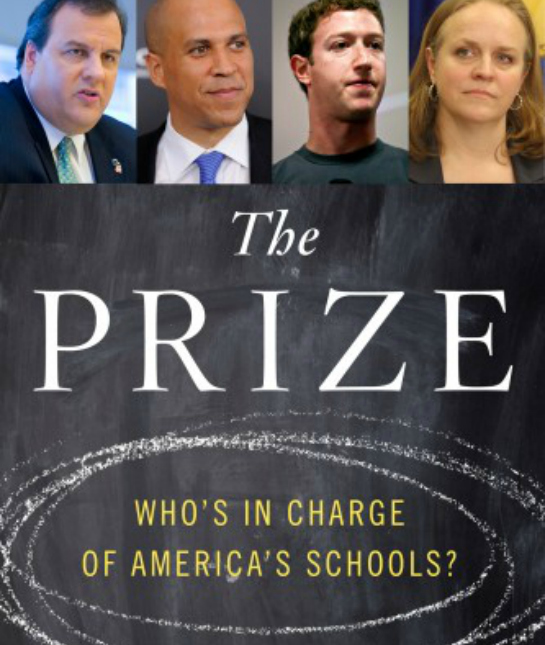
In 2010, when Facebook founder Mark Zuckerberg announced on the Oprah Winfrey show that he was giving $100 million to the Newark Public Schools, it marked a big year for philanthropy in an era of education reform. Flash-forward: Newark schools have not shown the turnaround Zuckerberg and the political leaders had hoped for. Longtime Washington Post reporter Dale Russakoff's book "The Prize" is, as the New York Times describes it, a "brilliantly reported behind-the-scenes account of one city's attempt to right its failing public schools." Her book brings into question how the U.S. is approaching school reform and whether we can ever make schools work for all.
Image via Amazon
Secretary of Education Arne Duncan Resigns
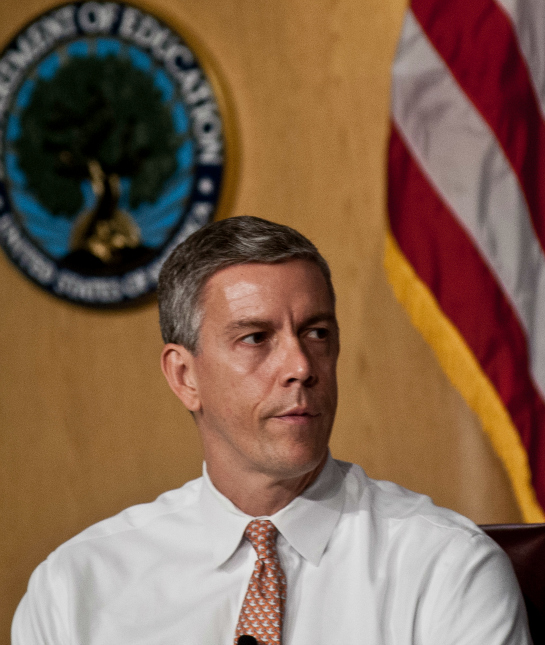
One of President Obama's closest friends, fellow Chicagoan Arne Duncan was named Secretary of Education just after Obama took office in 2008. Duncan oversaw the development and clunky implementation of Common Core State Standards, ushered in a new era of unprecedented support for school reform, created "Race to the Top," which pitted states against each other for limited federal education dollars and presided over the expansion of charter schools all over the country. Duncan, who steps down at the end of 2015, has been called one of the most influential education secretaries in U.S. history.




